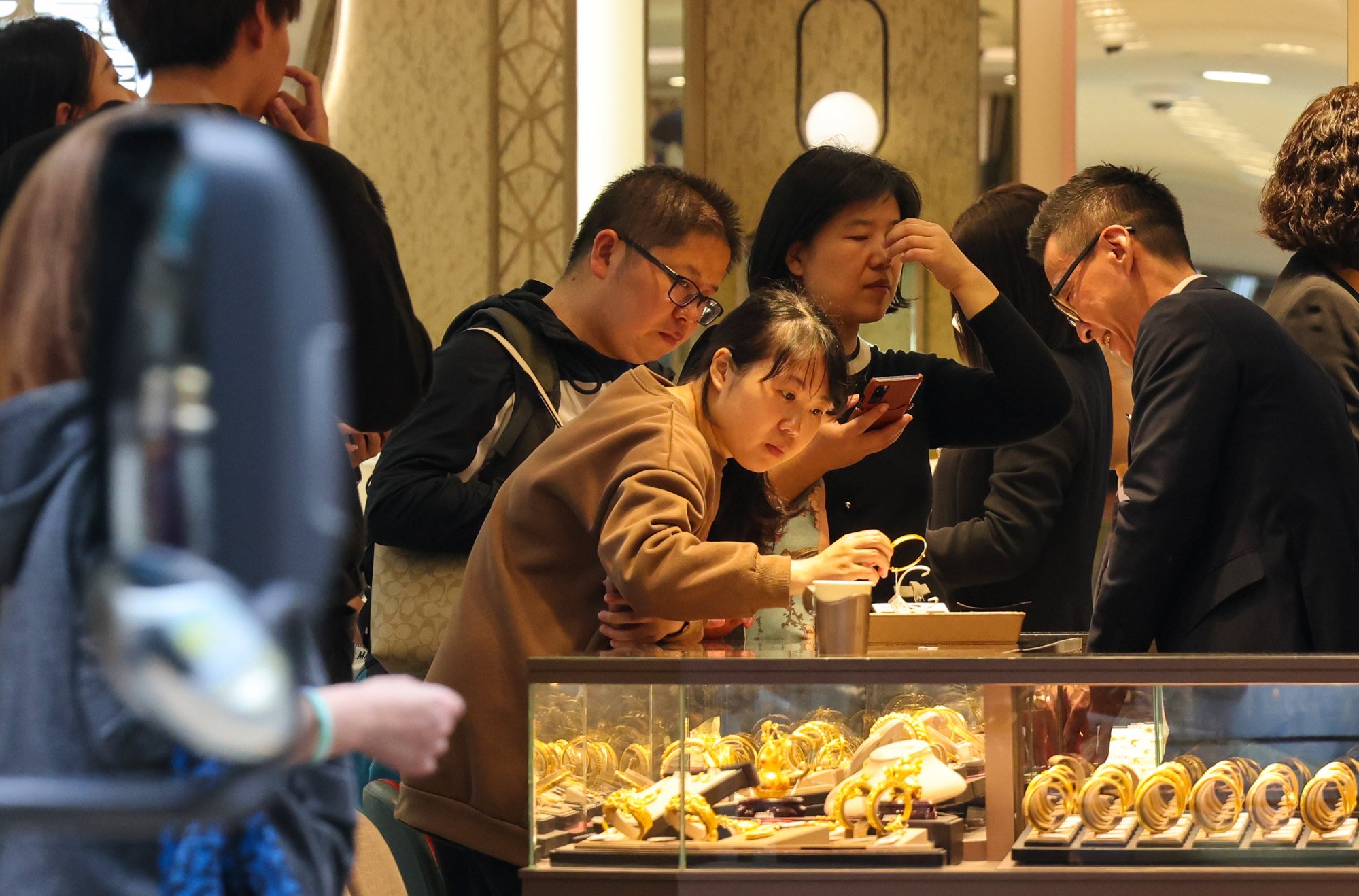Expanded Hong Kong solo travel scheme will bring 300,000 tourists, up to HK$1.5 billion: John Lee
The eight cities are Taiyuan in Shanxi; Hohhot in Inner Mongolia; Harbin in Heilongjiang; Lhasa in Tibet; Lanzhou in Gansu; Xining in Qinghai; Yinchuan in Ningxia; and Urumqi in Xinjiang.
The city leader noted that these cities would bring several benefits to Hong Kong’s economy, including drawing a bigger pool of overnight visitors and pushing the local tourism industry to improve its offerings and services.
“This presents a good opportunity for the Hong Kong industry to adapt, change, create and innovate,” he said, adding that as the cultural and religious backgrounds of the newly-added cities were varied, visitors’ preference and spending habits would differ greatly as well.

Under the scheme, tourists can apply for a visa which allows them to stay in Hong Kong or Macau for up to seven days at a time. They can choose from single-entry or double-entry visas valid for three months or a year.
Only four of the eight locations – Taiyuan, Lanzhou, Yinchuan and Urumqi – currently have non-stop flights to Hong Kong, but a few airlines had plans to increase the number of flights to Urumqi, as well as to introduce new ones to Harbin, Lee said.
Overall, the government would “spare no effort to build platforms and create opportunities” for tourism, such as inviting travel industry representatives and media from the eight cities for visits, as well as using mainland Chinese social media to promote local attractions.
Lee said he agreed with a recent call by the director of the Hong Kong and Macau Affairs Office Xia Baolong for authorities to treat every corner of Hong Kong as a potential spot to lure visitors.
The government was adopting different ways 0f developing tourism, Lee said, advertising attractions such as popular hiking trails, walled villages in the New Territories and the Yau Ma Tei Police Station.
Beyond the authorities’ efforts, however, “the industry must also do its best to play its role,” he added.
Since opening up the city to more cities also intensified competition in an economy that “eliminates the weak and retains the strong”, Lee urged the industry to be “vigilant and adaptable, improve its quality and strength and demonstrate the perseverance and strength of Hong Kong people”.